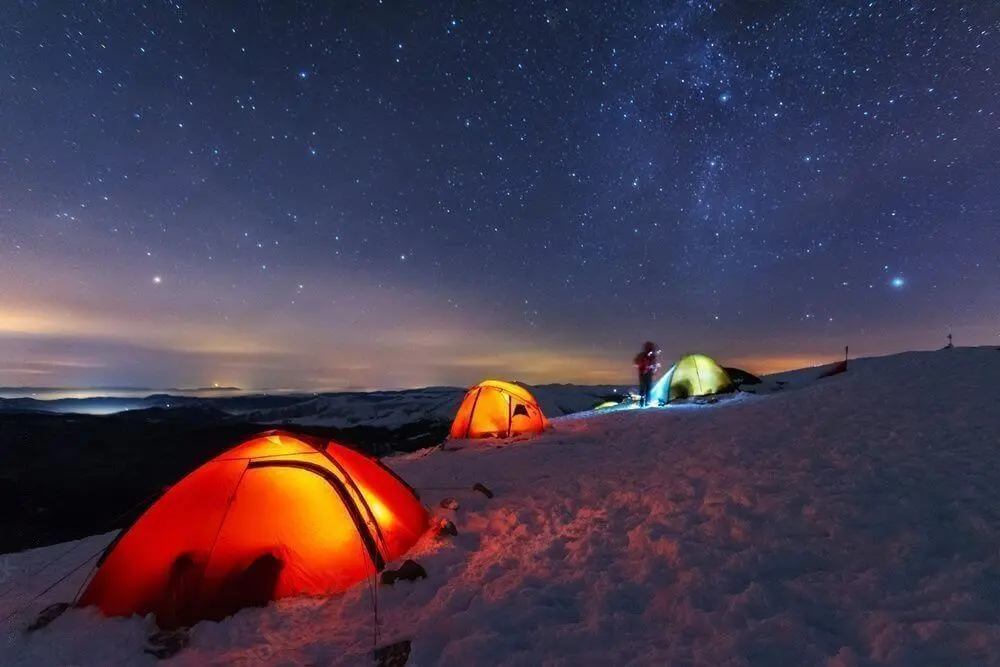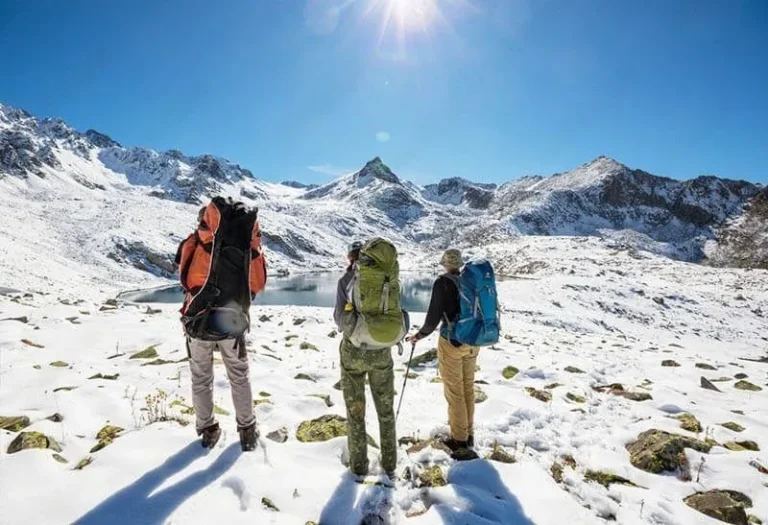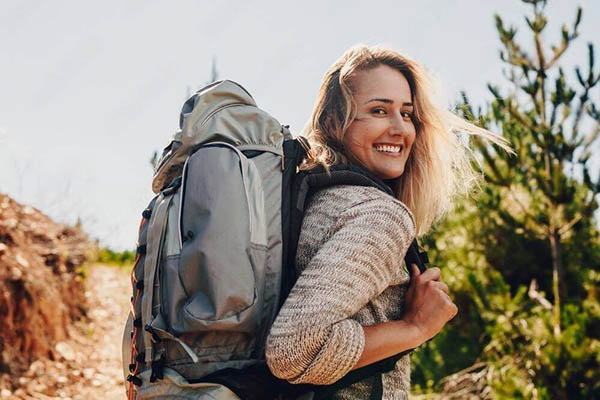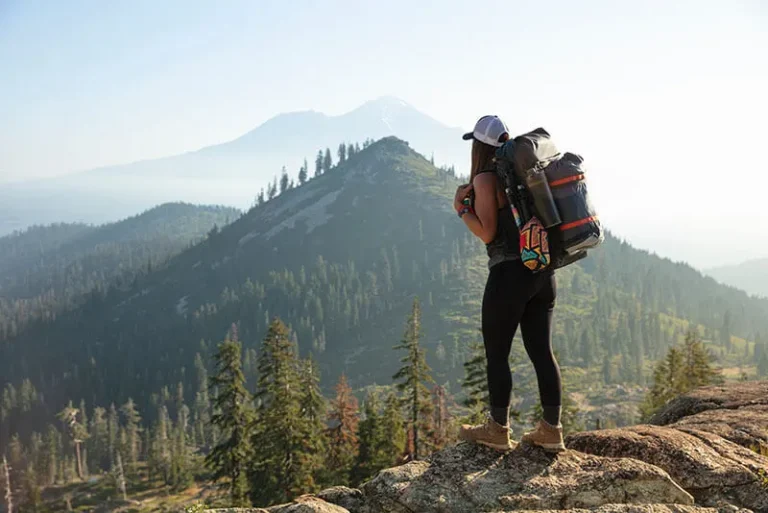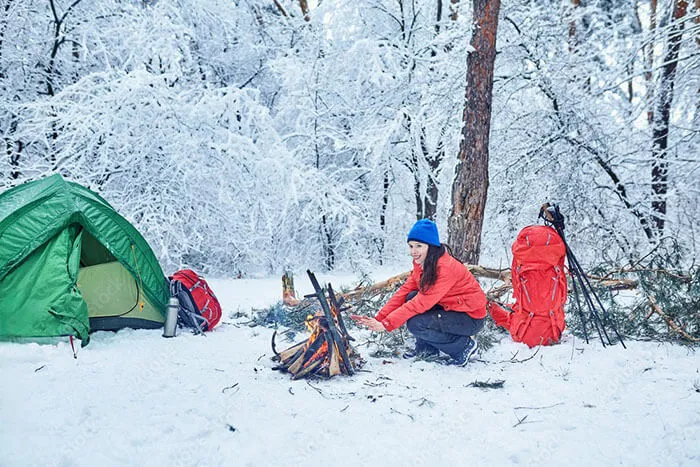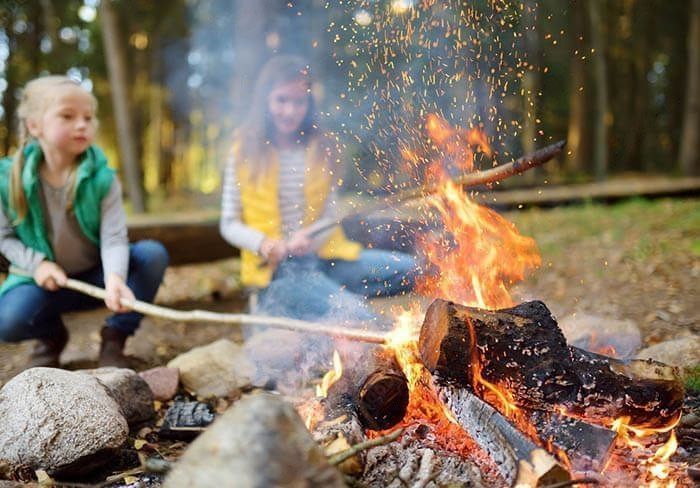13 Essential Winter Camping and Backpacking Hacks
When it comes to winter camping and backpacking, 13 essential hacks that can make your life much easier. From staying warm to staying hydrated, these tips will help you make the most of your winter camping and backpacking trips.
1. Layer, layer, layer:
When it comes to staying warm in the winter camping or backpacking, layering is essential. Wear a base layer of synthetic or wool fabric to wick away moisture, followed by an insulating layer like down or fleece, and finally topped off with a waterproof and windproof outer layer. This will help trap heat close to your body and protect you from the elements.
2. Invest in a suitable sleeping bag:
A good sleeping bag is essential for a comfortable night’s sleep in the cold. Down is the Warmest insulation available, so look for a sleeping bag with at least 800-fill power down.
3. Use a hot water bottle:
Fill a hot water bottle with boiling water and slip it into your sleeping bag before you get in. It will help keep you warm all night long.
4. Keep your hand and foot warm:
If you’re embarking on a winter hike, you’ll want to make sure you’re prepared for the cold weather. Here are some tips for keeping your hands and feet warm:
1. Layer up. Wear gloves or mittens and thick socks. You might also want to consider wearing two pairs of socks.
2. Bring hand and foot warmers. These can be helpful if your hands and feet start to feel cold.
3. Move around. Don’t just stand still on your hike. Walking will help keep your blood flowing and help keep you warm.
4. Use catalytic warmers that run on lighter fuel. They come in different sizes, but they are all about the size of a pack of cigarettes. They can burn for many hours, depending on how the air supply is controlled. Some of them are battery-powered.
5. Know when to turn back. If you’re feeling too cold, it’s time to head back inside. It’s not worth risking your health by continuing on with your hike.
5. Pack extra batteries:
Cold weather drains batteries faster than usual, so pack extras for your flashlight, headlamp, and other electronics. Make sure to use Lithium Batteries not Alkaline, as they tent to freeze in cold.
6. Know how to build a proper fire:
Before camping or backpacking in the winter, make sure you know how to build a fire in the snow. It’s different than building a fire on bare ground, so brush up on your skills or bring along someone who knows how.
7. Stay hydrated:
It’s easy to get dehydrated in the winter because you’re not sweating as much. Ensure you drink plenty of water throughout the day, even if you’re not thirsty.
8. Eat high-energy foods:
When you’re exerting yourself in the cold, your body burns more calories to stay warm. Make sure you pack plenty of high-energy foods like nuts and dried fruit to keep your energy levels up.
Check out review of Greenbelly meals: Healthy meals for camping and backpacking
9. Protect your skin:
The cold wind can dry out and damage your skin, so apply lip balm and lotion frequently. If you’re going to be outside for an extended period, consider investing in a pair of gloves or mittens.
10. Don’t forget your sunglasses:
Even though the sun might not seem as strong in the winter, the reflection of the snow can be just as damaging to your eyes. Make sure you pack a pair of sunglasses to protect your eyes from the sun’s harmful rays.
11. Be aware of avalanche danger:
If you’re camping or backpacking in an area with potential avalanches, make sure you know what to do if one happens. Take an avalanche safety course before heading into avalanche territory, and always carry an avalanche transceiver, shovel, and probe with you when you go into the backcountry.
12. Know how to find shelter:
If you get caught in a storm while camping or backpacking, knowing how to find shelter can mean the difference between life and death. If there are no trees or rocks to provide natural shelter, dig a snow cave or build an igloo out of blocks of snow.
13. Check the forecast before going:
Always check the forecast before heading out into the backcountry to know what to expect regarding weather conditions. This will help you dress appropriately and plan accordingly for whatever Mother Nature throws your way.

